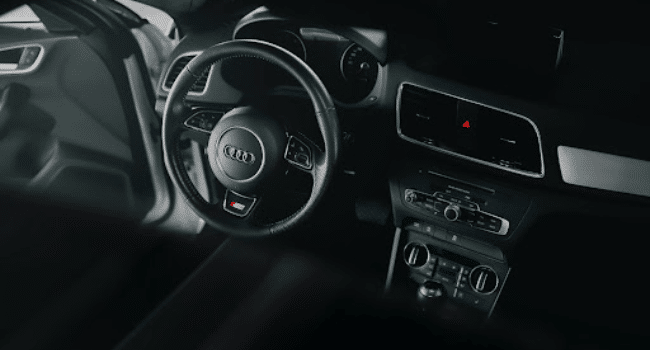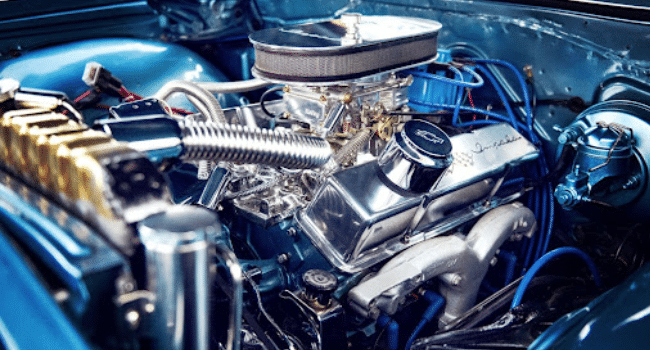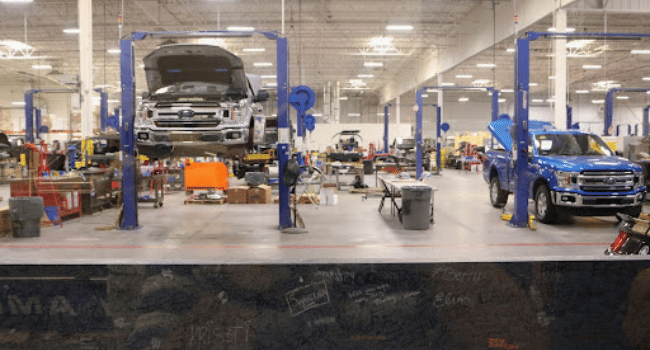Every car, whether we’re talking about a brand new model or a true old clunker, requires a vehicle tune-up every now and then. Regular care will keep your car running safely and efficiently.
And don’t be afraid to act if you notice any of the seven warning signs listed below. A delay could cause significant harm (which means costly repairs). Rather, bring your vehicle in for a tune-up at a professional tuning shop like CSN Edmonton, if you’re from the area, as soon as possible and have your car fixed so you can enjoy its ride for many years to come. In case you need to replace certain parts like fuel lift pump, you can order them online from reputed sellers.
But how would you know that your car is due for a tune-up? Here are the seven most obvious signs your car is trying to tell you something might be wrong.
Dashboard Lights Turn On
How many times do you see one of your dashboard’s symbols flash up and think to yourself, ‘it’s probably not serious?’
You’re correct – it’s not serious at the moment. However, if you do not get your car tuned up, it will quickly become serious. The flashing lights are there to alert you that something is wrong with your engine.
If you notice a light flashing on your center console that you don’t normally see, consult your owner’s manual to determine what the sign means. Then contact an auto body shop to schedule a tune-up appointment.

Unusual Sounds Can Be Heard
Drivers become accustomed to the noises their vehicle emits daily. It could even be soothing at times. However, once you hear a loud noise that was not present the day before, your ease can instantly turn to panic.
It will be nearly impossible to determine what the unusual noise means unless you are a qualified auto mechanic. Even so, the wisest choice to make would be to bring your car in for a tune-up so professionals can determine the source of the noise and hopefully avoid a much larger issue down the road.
You Started Stalling Out
Stalls are unavoidable when starting to learn to operate a vehicle with a manual transmission. If you’re an experienced driver and have an automatic car and you’re still experiencing stalls, it could be a sign of a greater issue.
When your engine stalls, it can be a terrifying experience. Your vehicle could stall for a variety of reasons, including:
- A drained battery
- Fuel pump failure
- Ignition problems
- Improper clutch release on transmission vehicles
Poor Fuel Mileage
We’re always trying to get the best gas mileage possible and want to know how much further your car can go on a single tank of gas. Consider all of the car conversations you’ve had in which one of the first questions is, “How’s the mileage?”
If you’ve been steering your vehicle for quite a while, you’ll know how much farther you will go on a single tank of gas. The number should always fall within that range of numbers.
Your Vehicle Accelerates Slowly
Are you starting to notice that you have a little less pep in your step? Is your car taking a bit longer to respond when the light changes from red to green?
A car that is slow to accelerate usually appears to be a problem that has advanced over time, as we tend to ignore minor changes until they add up to a significant change.
Slow acceleration can cause problems when you need to enhance your speed, such as when climbing a hill or trying to merge onto a highway. If you start noticing a decrease in acceleration, we recommend scheduling an appointment with a professional.
You May Experience Unusual Vibrations
You could even feel it all through your steering wheel and car frame when driving on bumpy roads. It’s not a good feeling, to say the least! While it may not feel good, it is completely normal – it is your car’s response to the pavement surface.
What is unusual is for your car to begin vibrating while driving on a smooth, straight road. This indicates that there is an isolated problem. Whether you feel it during certain speeds, in the steering wheel, or as if the entire car is vibrating apart, it is a sign that you should come to see your mechanic.

Your Engine Is Causing A Misfire
A misfire happens when one or more engine cylinders fail to provide power to your vehicle. You will experience a loss of power as well as a shaking sensation. Even if one cylinder fails, you may be able to make it home steadily.
The more cylinders that malfunction, the less power there is. This means that your car will barely move and the vibration will worsen. The following are some of the factors that cause an engine to misfire:
- A faulty ignition system;
- An issue with the fuel system;
- A flaw in the engine.
Final Thoughts
Get in touch with a professional tuning service today to schedule an appointment for your car’s tune-up, and avoid hefty repair bills down the road. A proper car tune-up can help prolong your vehicle’s life by cleaning out the internal engine components. Use this checklist to know when it’s time for one.
Read more on KulFiy
